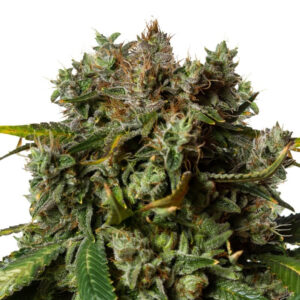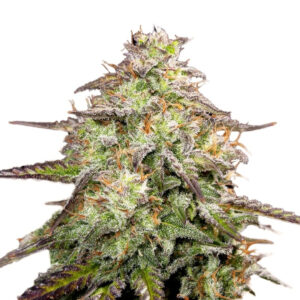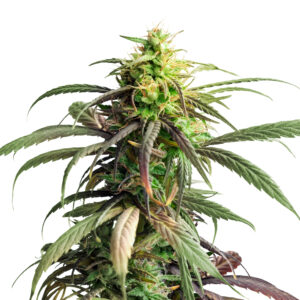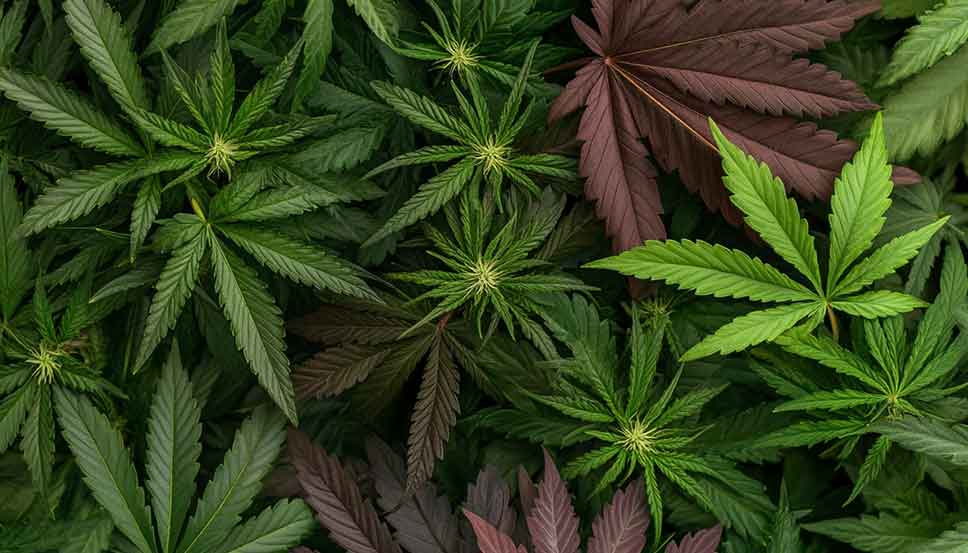 By:
Edit 25
By:
Edit 25
The benefits of cannabis extend far beyond recreational use, offering a range of therapeutic effects that can improve quality of life for many individuals. From chronic pain relief and reduced inflammation to support for mental health conditions like anxiety and PTSD, cannabis is increasingly recognized for its medicinal properties. In this comprehensive guide, we’ll explore the key advantages of incorporating cannabis into your wellness routine, examine emerging research, and provide practical advice on choosing the right products and dosages. Whether you’re seeking natural pain management, stress relief, or improved sleep, understanding the diverse benefits of cannabis can help you make informed decisions about your health and well-being.
The benefits of cannabis encompass a broad spectrum of health and wellness effects, driven by the plant’s active compounds—cannabinoids, terpenes, and flavonoids. These key advantages include:
Understanding these primary benefits of cannabis lays the foundation for exploring more specialized medical applications and lifestyle uses in the following sections.
One of the most well-documented benefits of cannabis is its ability to alleviate chronic pain. Cannabinoids like THC and CBD interact with the endocannabinoid system’s CB1 and CB2 receptors, disrupting pain signals sent to the brain. Clinical studies have shown that patients with neuropathic pain, arthritis, and fibromyalgia experience significant relief when using cannabis-based therapies. Unlike opioids, which carry a high risk of dependence and overdose, cannabis offers a safer alternative with a lower potential for addiction.
In addition to analgesia, cannabis exhibits potent anti-inflammatory properties. CBD, in particular, modulates immune cell activity to reduce the release of pro-inflammatory cytokines. This action helps manage conditions such as inflammatory bowel disease (Crohn’s, ulcerative colitis), rheumatoid arthritis, and multiple sclerosis. Many patients report not only reduced joint swelling and stiffness but also improved mobility and quality of life, highlighting the dual benefits of cannabis for both pain and inflammation control.
Beyond pain relief, the benefits of cannabis extend to neurological and mental health conditions. Epidiolex, a CBD-based medication, is FDA-approved for treating rare forms of childhood epilepsy (Dravet syndrome and Lennox-Gastaut syndrome), reducing seizure frequency by up to 50% in clinical trials. This groundbreaking therapy underscores cannabis’s neuroprotective potential.
For mental health, both THC and CBD have shown promise in alleviating anxiety, depression, and post-traumatic stress disorder (PTSD). CBD interacts with serotonin receptors to produce anxiolytic effects without the intoxicating “high,” making it an attractive option for those seeking mood stabilization. Meanwhile, low-dose THC can enhance mood and reduce stress by activating reward pathways in the brain. Patients with PTSD report fewer flashbacks and nightmares after consistent, controlled cannabis use.
While more large-scale studies are needed, current evidence suggests that cannabis-based treatments offer a novel approach to neurological and psychiatric care, complementing traditional therapies and improving overall quality of life for many patients.

Another important aspect of the benefits of cannabis lies in its ability to regulate appetite and ease gastrointestinal distress. THC’s activation of CB1 receptors in the digestive tract can stimulate hunger, making cannabis an effective appetite enhancer for patients experiencing cachexia or severe weight loss due to cancer, HIV/AIDS, or chronic illness. In clinical settings, synthetic cannabinoids like dronabinol are prescribed to boost caloric intake and prevent malnutrition.
Conversely, CBD has shown promise in reducing inflammation of the gut lining, easing symptoms of conditions such as Crohn’s disease and irritable bowel syndrome (IBS). By modulating gut motility and decreasing pro-inflammatory cytokine release, CBD supports digestive comfort and can help restore normal eating patterns. Together, THC and CBD offer a balanced approach to managing both appetite stimulation and anti-inflammatory support, showcasing the multifaceted benefits of cannabis for digestive health.
In today’s fast-paced world, stress and anxiety are pervasive issues that affect millions. One of the often-overlooked benefits of cannabis is its capacity to promote relaxation and reduce stress. CBD’s interaction with the endocannabinoid system and serotonin receptors can produce calming effects without sedation, helping users unwind after a long day. THC, in moderate doses, can also foster a sense of euphoria and mental tranquility, making cannabis a valuable tool for stress management. Many users report improved sleep quality and faster sleep onset when using cannabinoid products, contributing to overall wellness.
A growing number of athletes are discovering the recovery-related benefits of cannabis. Post-workout muscle soreness and inflammation can be alleviated through topical CBD creams or transdermal patches, which deliver targeted relief without systemic psychoactivity. Additionally, cannabinoid-infused balms and massage oils help relax tight muscles and support joint mobility, reducing the risk of injury and improving range of motion.
For endurance athletes, microdosing THC or using balanced THC/CBD formulations can aid in mental fatigue recovery, allowing for better focus in subsequent training sessions. While cannabis does not directly boost physical performance metrics, its indirect effects on pain modulation and stress relief make it an attractive adjunct for holistic fitness and recovery routines.
Scientific interest in the benefits of cannabis continues to grow, with studies exploring its potential in areas such as neurodegenerative diseases, cancer therapy, and autoimmune disorders. Early research indicates cannabinoids may slow the progression of Alzheimer’s by reducing beta-amyloid plaque formation, while other trials are investigating CBD’s role in mitigating chemotherapy-induced neuropathy. As legalization expands, more robust clinical trials are expected, potentially unlocking new therapeutic uses and refining dosing guidelines to maximize patient outcomes.
The legal status of cannabis varies globally, affecting access to its benefits of cannabis. In regions where recreational use is legalized, adults can purchase regulated products from licensed dispensaries. Medical cannabis programs typically require a physician’s certification, ensuring patients receive guidance on strain selection and dosing. Ethical considerations include responsible marketing, preventing youth access, and conducting research free from industry bias. Staying informed about evolving legislation and advocacy efforts helps consumers and policymakers alike strike a balance between public health and patient autonomy.
The diverse benefits of cannabis span from proven medical applications—such as pain relief, anti-inflammatory action, and seizure reduction—to lifestyle enhancements like stress management and fitness recovery. As scientific research advances and legal landscapes shift, cannabis stands poised to become an integral component of personalized health and wellness strategies. By choosing high-quality products, practicing mindful dosing, and remaining aware of legal obligations, you can safely harness the therapeutic potential of cannabis to improve your quality of life. Embrace these natural benefits and consult healthcare professionals to tailor a cannabis regimen that aligns with your health goals.
For a comprehensive, science-based overview of the therapeutic benefits of cannabis, see the National Academies of Sciences, Engineering, and Medicine report “The Health Effects of Cannabis and Cannabinoids: The Current State of Evidence and Recommendations for Research” at NCBI – Health Effects of Cannabis and Cannabinoids.













Related Posts

Learn the art of cannabis seed germination using peat and Jiffy pellets. This guide covers everything from selecting healthy seeds to the transplant process, ensuring your cannabis plants have the best start. Find out the advantages of using Jiffy pellets for germination, including tips on maintaining moisture levels and the correct temperature for seedling growth.

In this article you will find answers to following questions: what are the benefits of using a cannabis greenhouse?, how does greenhouse cultivation differ from other growing methods?, what are the advantages of growing cannabis in a controlled environment?, how is climate control beneficial for cannabis cultivation?

As a beginner entering the world of cannabis, suggestions and recommendations are inevitable in your way. Various experienced users and growers have their personal preferences that they want to share, targeting first-timers.
With such a long list and enormous amounts of cannabis strains out there, some varieties stand out from the rest. It will not take long before you start…